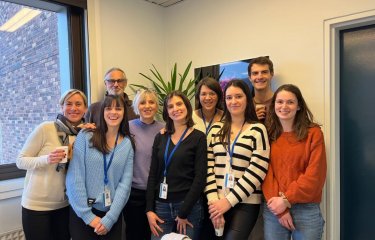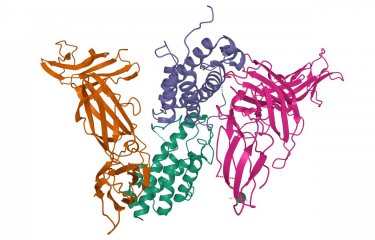AVATAR MEDICAL, spin-off from the Institut Pasteur and Institut Curie, two institutes with the Carnot label, was announced as a laureate of the European Innovation Council (EIC) Accelerator programme, securing 2.5M€ in funding. AVATAR MEDICAL's ambition is to put medical imaging at the heart of surgical practice by making them accessible to surgeons throughout the patient journey. Prior to surgery, AVATAR MEDICAL provides a virtual reality experience that allows them to interact with 3D patient representations, or “avatars”, to fully communicate their patient’s anatomy. AVATAR MEDICAL forecasts an augmented reality experience that will accompany the surgeon in the operating theater. AVATAR MEDICAL's vision and strong potential to permit less invasive procedures, faster patient recovery times, and increased surgeon productivity within hospitals convinced the jury.
The EIC Accelerator is Europe's flagship innovation program for identifying, developing and commercializing disruptive technologies. Of the more than one thousand applicants, only 78 companies were recognized, including 9 in France.
An important criterion for this program is the startup's strong growth potential and, in particular, its ability to launch a highly innovative solution in a large market.
The EIC Accelerator subsidy will enable AVATAR MEDICAL to accelerate the migration of its technology to the cloud. Benefits include a faster and wider access to 3D image visualization within hospitals. In parallel, the company is enhancing its core rendering technology and developing promising clinical applications in conjunction with medical device manufacturers.
The year 2023 will mark an important year for AVATAR MEDICAL with a forecasted FDA certification, the submission of a CE Mark application, and the launch of our first orthopedic clinical application.
Founded in July 2020 by a team of French scientists and French-American entrepreneurs, AVATAR MEDICAL's technology is based on four years of research in human-data interaction and machine learning conducted at Institut Pasteur and Institut Curie by Jean-Baptiste Masson, Mohamed El Beheiry, and the late Maxime Dahan.
For more information, please visit





